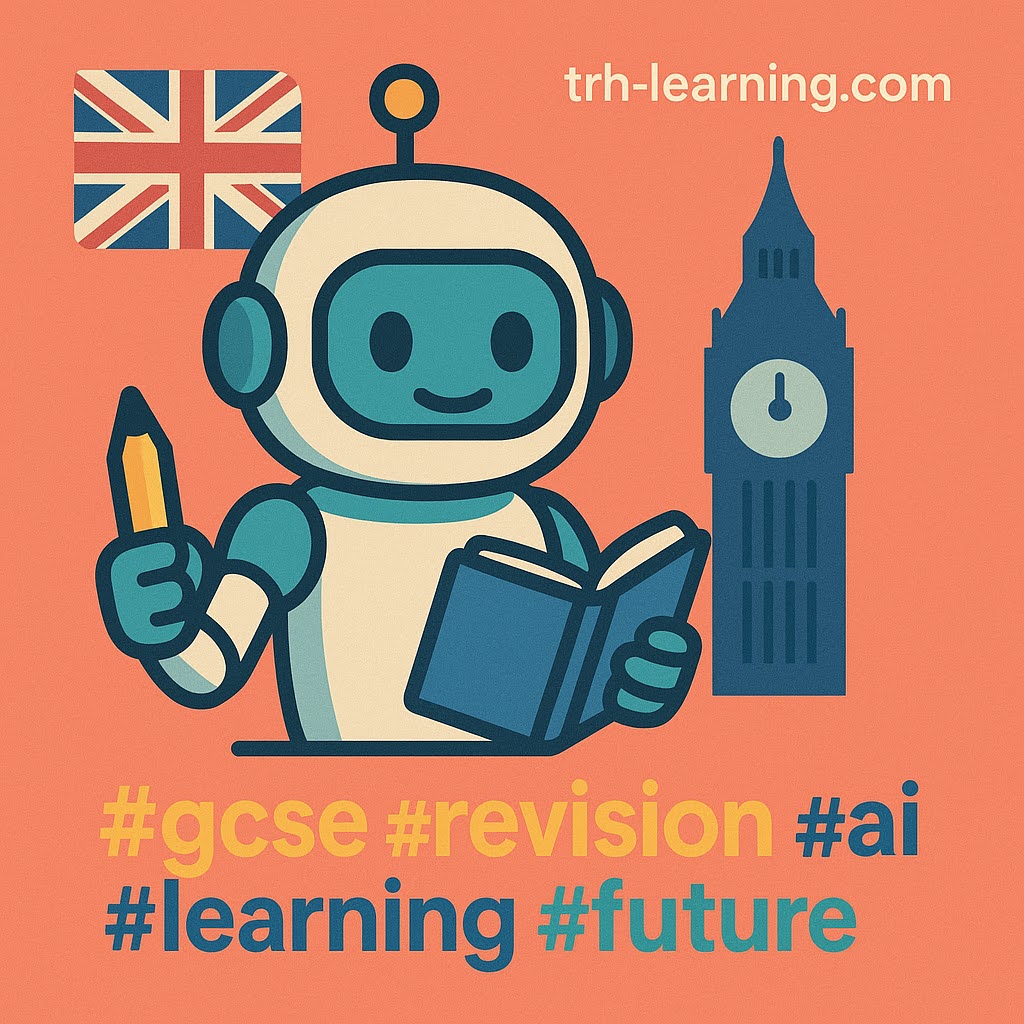"GCSE Chemistry Unveiled: Exploring Bonding and Structure with Augmented Reality"
Exploring Bonding and Structure with Augmented Reality
Exploring Bonding and Structure in GCSE Chemistry
Understanding bonding and structure is a fundamental part of the GCSE Chemistry curriculum. With the advent of augmented reality (AR), students can now explore these concepts in a more interactive and engaging way.
What is Augmented Reality?
Augmented reality is a technology that overlays digital information on the real world. In the context of education, AR can provide students with a 3D visualization of complex chemical structures, making abstract concepts more tangible.
Benefits of Using AR in Chemistry Education
- Enhanced Engagement: AR makes learning more interactive, which can increase student interest and motivation.
- Improved Understanding: Visualizing molecules in 3D helps students grasp the spatial arrangement of atoms and the nature of chemical bonds.
- Accessible Learning: AR tools can be accessed via smartphones or tablets, making them widely available to students.
How AR is Applied in Learning Bonding and Structure
AR applications allow students to manipulate molecular models, observe reactions, and explore the properties of different substances. This hands-on approach can deepen their understanding of ionic, covalent, and metallic bonding.

Getting Started with AR in Chemistry
To integrate AR into your chemistry studies, consider using educational apps designed for this purpose. These apps often include interactive exercises and quizzes to reinforce learning.
“The use of augmented reality in education is not just a trend; it's a powerful tool that can transform how students learn complex subjects like chemistry.”
For more information on how AR is revolutionizing education, explore resources on EdTech Magazine.
Browse Categories 📚
Ready to boost your learning? Explore our comprehensive resources above, or visit TRH Learning to start your personalized study journey today!